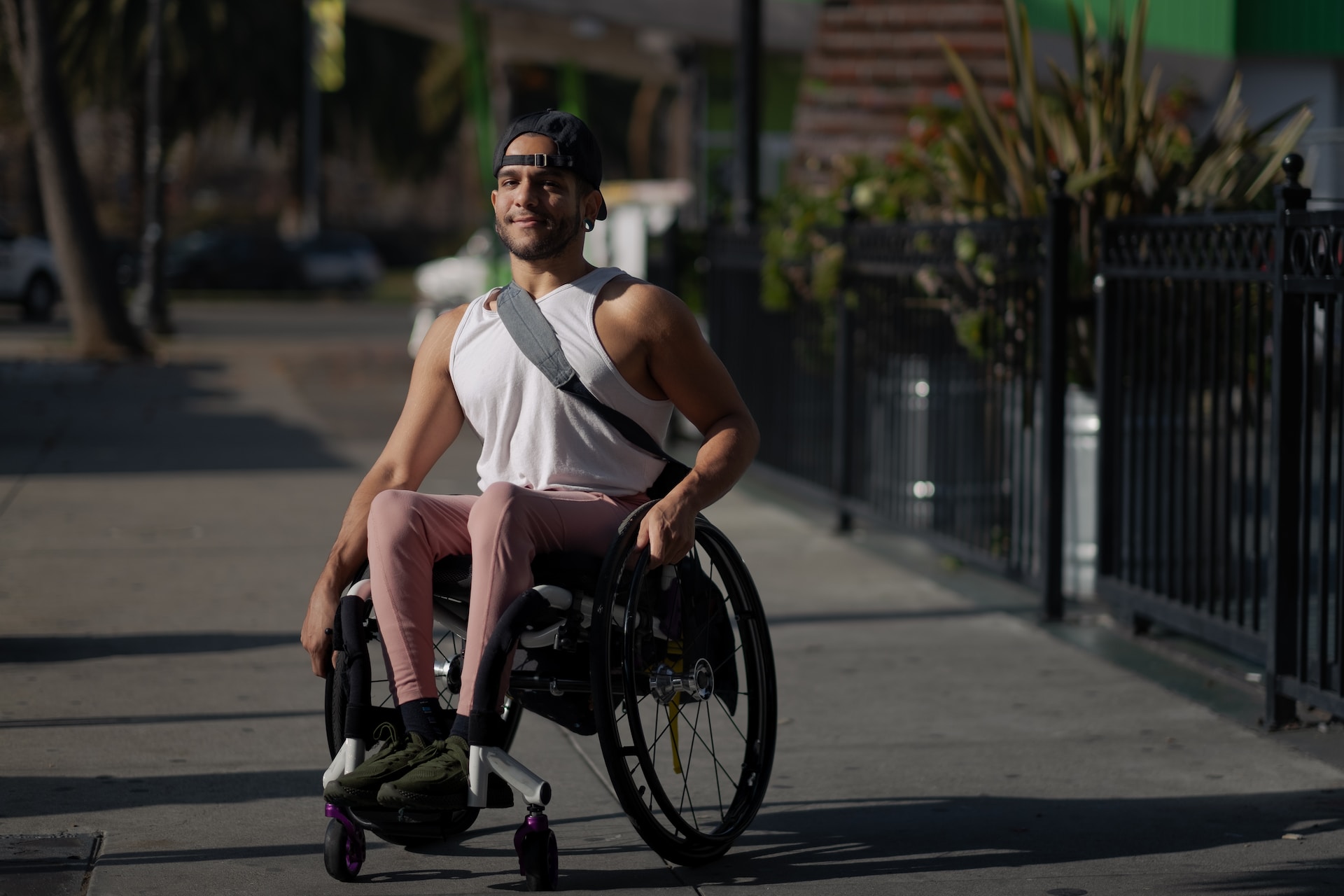Practical Tips To Live Well With A Disability
If you are living with a physical or neurological disability, you might feel defeated by your loss of independence and the chronic nature of your condition. Irrespective of whether you’ve been suffering from a disability for life or you have recently been diagnosed, living with a disability is no easy feat.
Learning to accept a disability is the first step to establishing a new sense of independence. But, of course, it’s easier said than done.
Because there’s a world of seemingly empathetic advice out there that’s hardly applicable to the reality of living with a disability, we have rounded up some practical tips to live well with a disability.
Contents
Modify Your Home For Accessibility
One of the most important decisions you can make for your independence as a disabled individual is to make your home more accessible. Instead of struggling to navigate the bathroom, kitchen, and stairs on your own, a few adjustments can help you hold onto your independence. You can also get a hospital bed for your home, especially if you require the specific features and adjustability it provides for increased comfort and proper care.
Install handrails on stairs, add grab bars in the bathroom, invest in a toilet seat raiser, and get non-slip flooring to make your home safer. You can also get a free-standing handrail for steps that don’t have existing support.
Consider Live-In Care
Depending on the severity of your disability and your age, it may be wise to consider live-in care. The primary benefit of these services is that you can continue to live independently without putting your well-being at risk. When choosing the best Private Live-In Caregivers in Pennsylvania (if you are elderly as well as disabled) or somewhere local to you, you should also consider the business side of it. There will be carers who use software through the business they work for, to streamline their care plans for clients. Businesses may compare Visualcare vs Shiftcare software, to discover which option would be more cost-effective, and beneficial for the care of their employees and clients.
Your live-in caregiver will help you get through your daily chores and responsibilities like cleaning and cooking, assisting with any day-to-day task you might battle with.
Let Your Loved Ones Help
Aside from the loss of independence, another weighty factor for disabled individuals is learning to let loved ones help. It can be even more devestating to experience the empathy of loved ones simply because we don’t want them to worry.
But pushing loved ones away will only amplify the emotional impacts of disability diagnosis. Instead, try to be open and honest with your support system, let them help, and ask for help when it’s needed.
Join Online Communities
It can be lonely to live with a disability. But this doesn’t have to be the case. Millions of individuals around the globe live with disabilities, so you are not alone. Instead of isolating yourself, consider joining online communities where you can link up with like-minded people who are going through the same thing. You might even learn new coping mechanisms or make lifelong friends.
Give Yourself Time
As mentioned, accepting a disability diagnosis is not easy. You will need to move through the stages of grief to reach acceptance. Unfortunately, processing grief is hardly a linear journey; you may feel okay one day and devastated the next. You might move back and forth between the stages of grief for months before you finally reach acceptance.
Nevertheless, with the right support system, medical treatments, and talk therapy, you can move through the process and establish a new sense of independence along with a new positive outlook on life.

